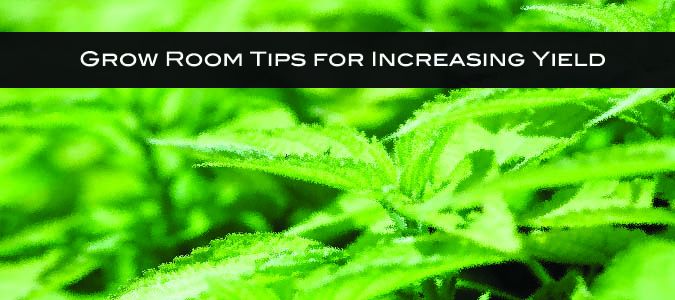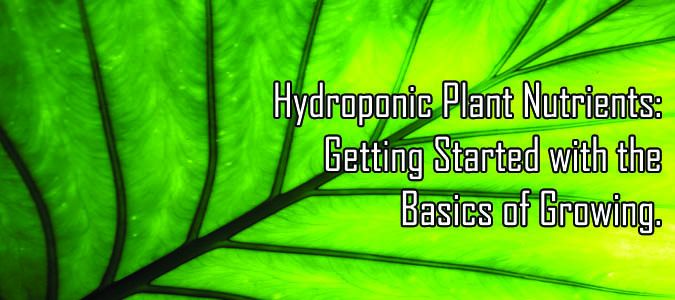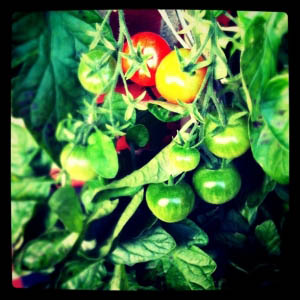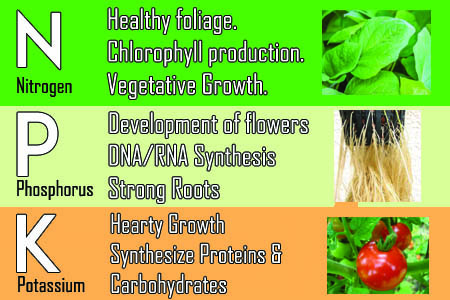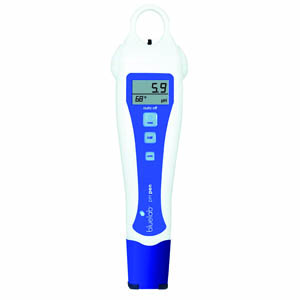Best Hydroponic Grow Room Tips for Increasing Yield
Hydroponic growers know that to produce a bigger yield it is important to make sure plant nutrients and health are well taken into consideration. Producing bigger and better quality crops with shorter harvesting cycles can be challenging, but, with the best hydroponic tips at your disposal, any grower can achieve increased yields for improved harvests. Hopefully these grow room tips helps you become a better grower or if you already know all this stuff, it helps reinforce that you’re doing things the right way!
Hydroponic Gardening Tips #1
Keep A Growers Journal
To improve your chances of successful crop, it can be beneficial to write in a grower’s journal. When you apply changes or try new plant nutrients to a weak or unhealthy crop it is important to record the results to make sure they are not re-used if unsuccessful. This journal can also be used to track any changes of watering, nutrients, lights, pH levels, and plant health on a day to day basis. Using this as a guide, a grower may be able to pin-point certain methods that may increase plant health and in-corporate these into their hydroponic gardening system.
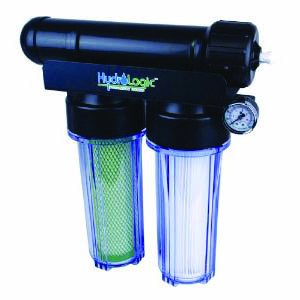 Hydroponic Gardening Tips #2
Hydroponic Gardening Tips #2
Keeping Water Levels in Check
Water is another deciding factor when it comes to plant growth. Water is needed to help the plants grow, although if too much water is used a plant’s root system may become susceptible to rotting – causing plant death. To ensure the right amount of water is used, a grower may need to check the plant after watering. A plant that becomes more vibrant in the leaves may require additional watering, while a plant that wilts soon after would require less watering. Plants that are over watered in hydroponic gardening systems tend to not respond as well as others when additional plant nutrients and plant stimulants are given. The healthiest water to give a plant is Reverse Osmosis (RO) water. RO water allows your plants to take in nutrients more efficiently when compared to tap or filtered water.
Hydroponic Gardening Tips #3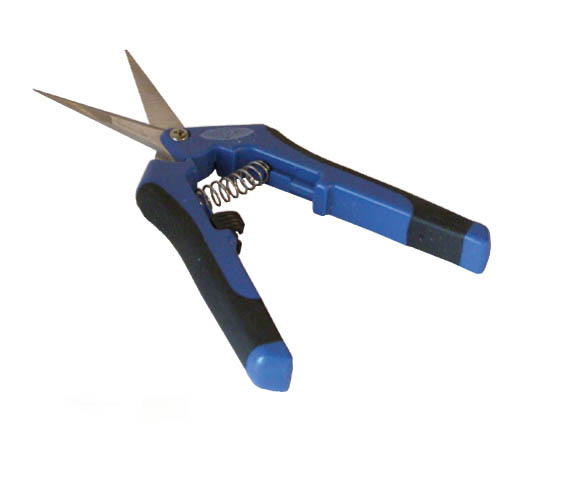
Use Your Pruning Shears
To help growers successfully produce a bigger yield it can also be important to prune your plants. Plants that have leaves or stems that are rotting, withered, or useless, tend to use more energy and plant nutrients to try and increase growth to these areas. This wasted energy can cause a decrease in plant health overall, thus causing slow growth. Pruning additional leaves and stems that are dead, weak, or rotting can help to increase and promote healthy growth, resulting in an increase in crop yields.
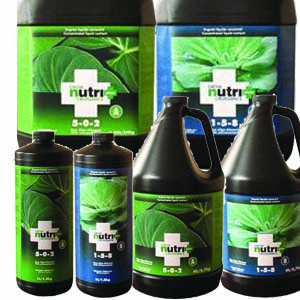 Hydroponic Gardening Tips #4
Hydroponic Gardening Tips #4
Choose the Right Plant Nutrient Program for Hydroponic Gardening
Another hydroponic gardening tip that can help to produce a bigger yield is choosing the right plant nutrients. Conventional garden fertilizer may not include the proper ratio for hydroponic setups. Purchasing a plant nutrient program that is optimized for hydroponic growing can dramatically increase your chances of a bigger yield. These fertilizers can usually be purchased from a reputable hydroponic retailer, and are important to help promote plant growth. Maintaining the correct nutrient strength (EC or PPMs), the correct pH and the correct temperature (65 to 75 degrees) and humidity levels are equally critical in making the most of your high quality hydroponic plant nutrient. It is highly recommended to get a trusted and reliable controller set to monitor all of these variables in your hydroponic grow room.
Hydroponic Gardening Tips #6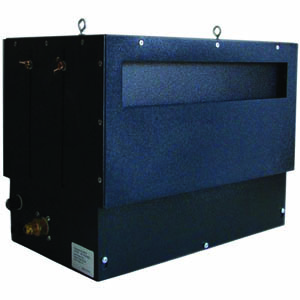
Use CO2 Generators Carefully
CO2 generators are amazing tools for boosting plant growth, but, when used by inexperienced growers, the dangers are very real. If in-correctly used crop death and severe fires or explosions can set-back your garden and your own safety as well as the structure of the house. The condition of your hydroponic system could be the least of your worries! When a CO2 generator is in use, it is recommended that a grower should increase plant nutrients and light within the system. Measuring the conditions within your hydroponic system is also advisable. Plants exposed to CO2 levels can usually handle up to 1500 parts per million if conditions are optimized. Before using these generators, it is important to know the risks involved, and have a vast understanding of how they work to minimize plant damage.
-Web Hydroponics

